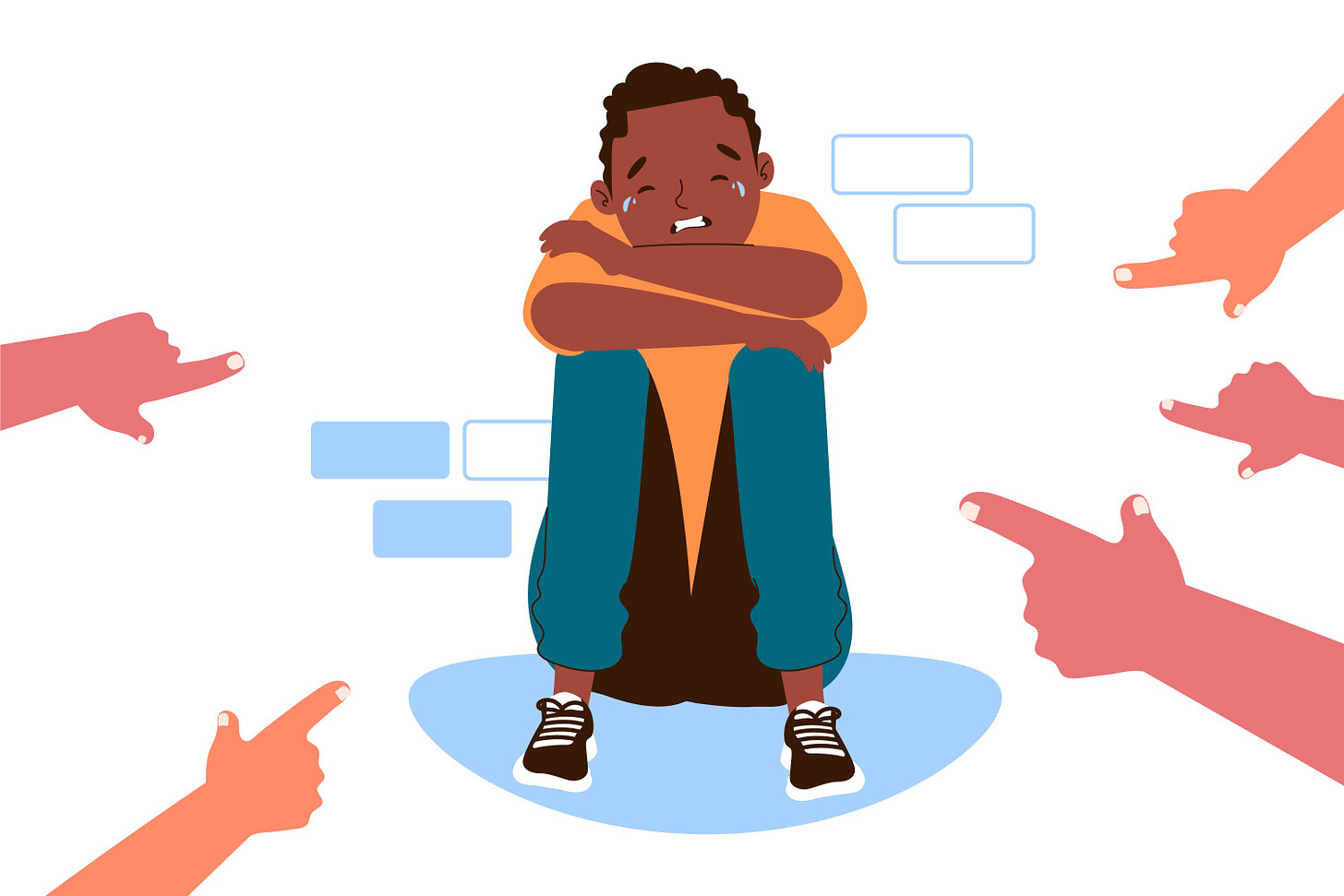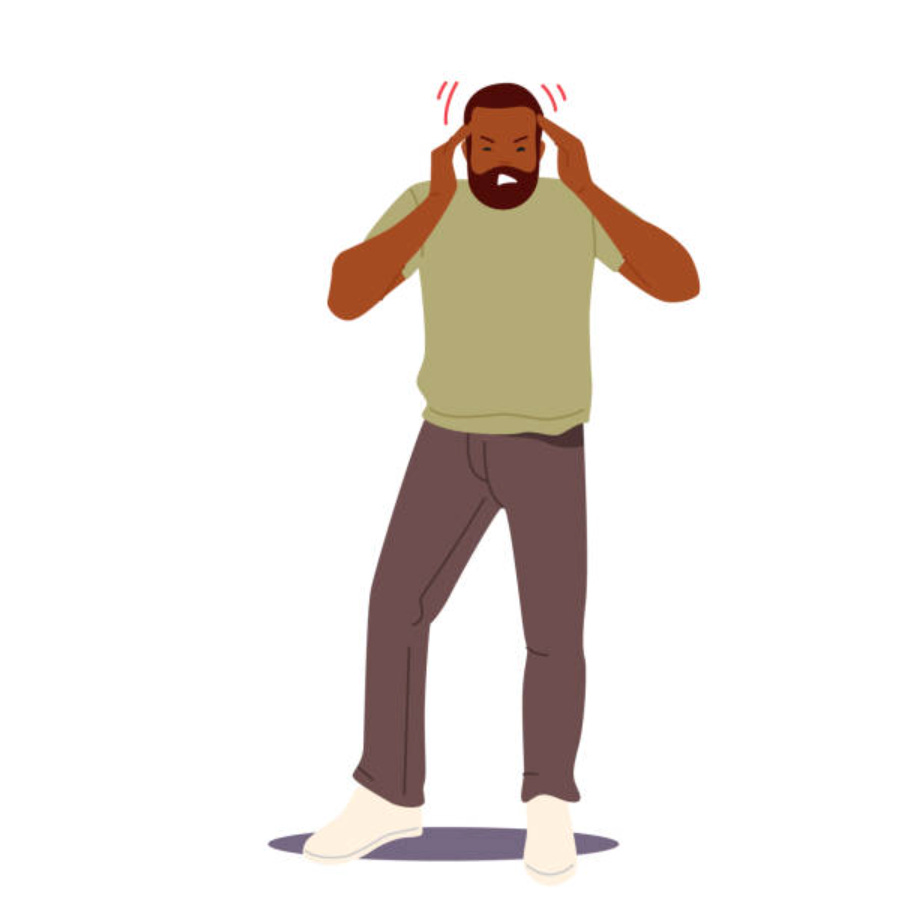The Hidden Dangers Of Self-Pity And How To Overcome It
Hey friends,
If you are like me, you have a habit of constantly feeling sorry for yourself. Always ask yourself, why does everything happen to me? It's a negative mental headspace that I get into when I'm feeling low, fail something, or when bad luck hits.
Most people experience some form of self-pity when life gets stressful. When we are in the middle of a rough patch, it's easy to feel overwhelmed with negative thoughts. In 2023, I went through some much turmoil, starting at the end of 2022; losing my childhood best friend to a horrible car accident. It hurt me deeply to lose someone who was like a brother, the person I've done life with since I was a baby. I was in deep depression for the first three months of 2023. I felt frustrated and alone, couldn't talk to anyone about it because I had never experienced pain like that before. I developed a negative self-destructive cycle and isolated myself from my family and friends.
Self-pity overtook me and I started thinking if only I was there, I could have done something.
I kept asking, why is life so unfair; we were supposed to grow into amazing men and fathers. The 'feeling of sorry' for myself went on for four months; had no clue how to break out of it. It also didn't help that my car needed a new engine, and in the span of six months I lost my job.
The problem with self-pity
After months of feeling sorry for myself, I came to the conclusion that I couldn't live like that. I began to understand self-pity isn't inherently bad. It's a normal state of mind when bad things happen.
Feeling frustrated for yourself because something difficult happened is health—as long as it doesn't last forever. Leaning into the negativity for a bit is OK, but it's important to not let it become a pattern. When you're wrapped up in self-pity, it can prevent you from "seeing the forest through the trees," as they say—meaning it may be hard to see past self-pity to the present moment and the joy in everyday life.
After some deep reflection, journaling and therapy, I learned self-pity is a mindset, and mindsets are malleable. Here are four strategies that I used to combat self-pity.
Combating self-pity
Practice gratitude: my therapist told me to flip the script on my self-pity by noting things you can appreciate in my life and experiences I'm thankful for.
This helps to take your mind off hardship, help you see the good in life, and increase your self-esteem. Here are some ways to practice gratefulness.
Write down ten things you're thankful for each day.
Read daily affirmations to yourself.
Practice mindfulness or guided meditation.
Go for non-distracted daily walks and let your mind wonder (no phone).
Recognise the warning signs
Understanding why you experience self-pity and how it manifests will help you catch it in its tracks. Here are a few most common warning signs:
Experiencing obsessive negative thoughts. For me, this began after experiencing grief. I started blaming myself and what I could've done differently.
Feeling anger and frustration over the situation.
Seeking constant validation.
Feeling sorry for yourself when you make minor mistakes.
Prioritising your problems over others.
Visualise your inner critic
Turning your inner critic into something separate from yourself can help you quiet it.
Draw a character on a piece of paper and name it your inner critic. Talk to it, let it know what it says is irrational, and asking it to be kinder. As Dan Millman put it perfectly, "You don't have to control your thoughts; you just have to stop letting them control you." When you experience a thought, acknowledge that it's your inner critic's voice.
This exercise helped me feel I have more agency over my thoughts.
Remember
Self-pity is a natural reaction when life's challenging. Sending a little love your way or feeling frustrated and sad about a difficult experience is healthy, but when self-pity lasts a long time you may feel out of control and lonely.
Entertaining a state of self-pity takes you away from core being, the who expresses joy in life.
You can develop the skills to forgive yourself setbacks and see situations clearly, without a need for validation. Focus on self-compassion; not self-pity can help you change your internal narrative.
And as always stay mindful,
Pach Deng







